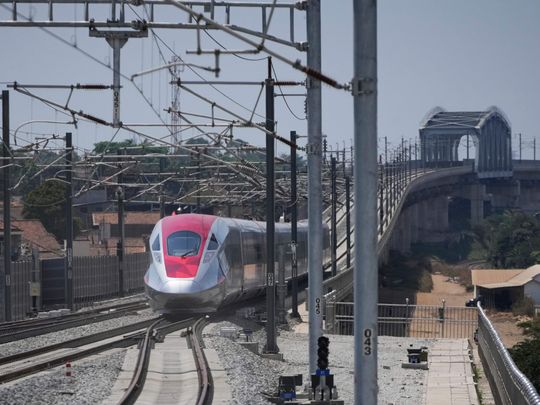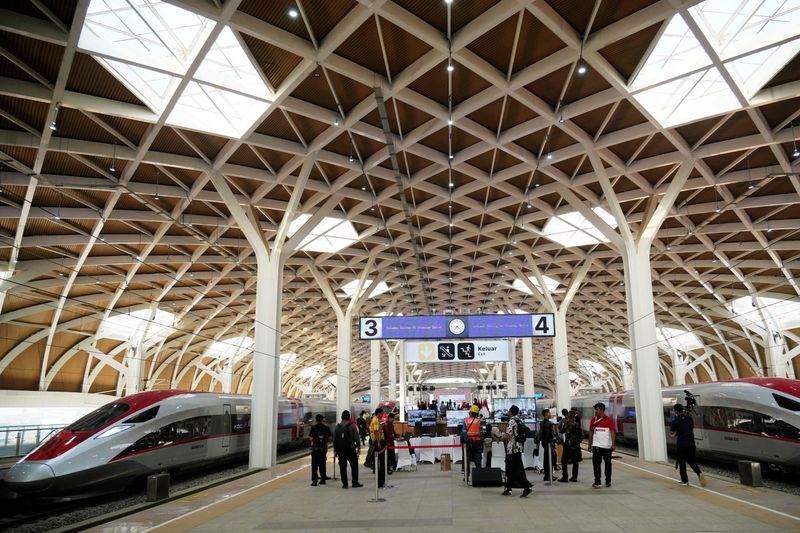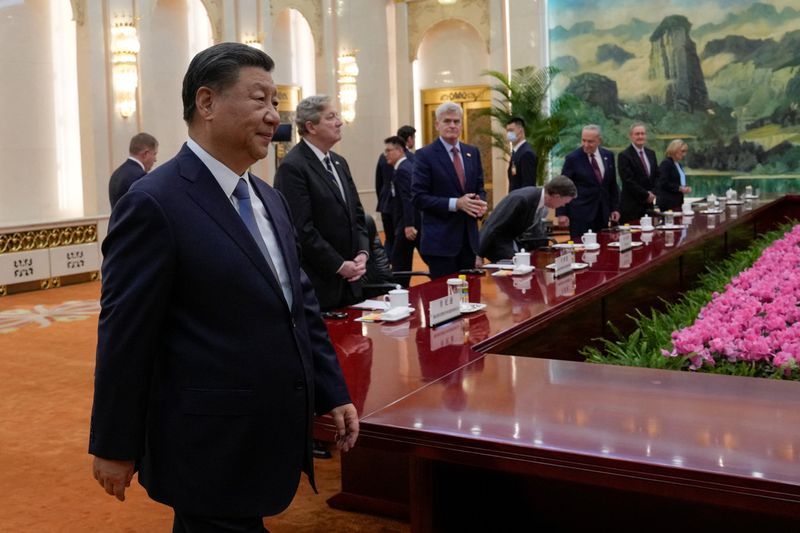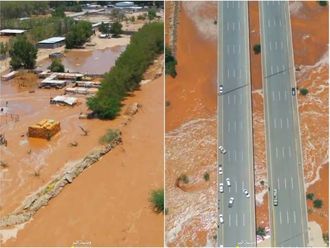
When President Xi Jinping first assembled world leaders to map out his vision for expanding Chinese soft power via a web of infrastructure investment in 2017, he called the Belt and Road the “project of the century”.
As the Chinese statesman opens the third Belt and Road Forum this week, the future of his brainchild looks uncertain. While the project has drawn $1 trillion in its first decade, according to estimates from think tank Green Finance & Development Centre, the momentum has tapered off in recent years.
China’s overall activity in BRI countries is down about 40 per cent from its 2018 peak as the world’s second-biggest economy slows. Beijing faces accusations of being an irresponsible lender driving countries to default. Fractured ties with the US have made association with Xi’s pet project increasingly divisive — Italy, its sole Group of Seven member — is set to exit by the year’s end.

‘BRI is dead’
One Chinese official considered the BRI dead, dealt twin blows by Covid and China’s economic problems. The official, who asked not to be identified discussing a sensitive topic, said the government hoped this summit to mark BRI’s 10th anniversary would reinvigorate the project.
The US assesses that the BRI is in deep trouble, according to a senior American official who asked not to be identified to discuss private conversations. Beijing has less capital to lend and pressure is growing to recoup the outstanding money it loaned, the official said.
Xi will have the chance to answer his critics when a host of Global South leaders arrive this week to pledge support for the programme and test Beijing’s bandwidth for new deals — chief among them Russian President Vladimir Putin. Hungary’s Prime Minister Viktor Orban, Indonesian President Joko Widodo, Argentina’s President Alberto Fernandez and Thai Premier Srettha Thavisin are also attending.
“Xi will invite his best friends and have all these people come together to celebrate,” said Alfred Wu, an associate professor at the National University of Singapore’s Lee Kuan Yew School of Public Policy. “It’s a clear message that China is trying to have its own allies while challenging the US-led world order.”

Pandemic Pullback
The outbreak of Covid put the brakes on China’s infrastructure and trade initiative, as a global slowdown imperilled debtors’ ability to repay their loans. Zambia was the first African country to default during the pandemic in late 2020, putting China, the nation’s largest creditor, in the spotlight.
$ 63.7 billion
Annual engagement under the BRI in 2020, according to a study by the Green Finance and Development Centre at Shanghai-based Fudan University — down from over $120 billion in 2018.“External shocks like the Ukraine war and, perhaps in the coming weeks the new war in the Middle East, are deepening debt and inflation burdens,” said Michael Kugelman, director of the South Asia Institute at the Wilson Center.
China has responded by shifting to so-called “small but beautiful” projects that benefit people’s livelihoods. The state-run People’s Daily this month cited a water plant in Botswana upgraded by a Chinese firm and a technology partnership with a seed company in Costa Rica as examples.
The average BRI investment deal decreased by 48 per cent from the 2018 peak to about $392 million in the first half of this year, according to the Fudan report.
Political Problems
Still, Italy has questioned whether Xi’s flagship initiative brings economic benefits at all.
“We have exported a load of oranges to China, they have tripled their exports to Italy in three years,” Italy’s Defence Minister Guido Crosetto said in July. “Paris, without signing any treaties, in those days sold planes to Beijing for tens of billions.”
After Italy signed an agreement to cooperate on the BRI in 2019, its imports from China accelerated but that bump wasn’t reciprocated. Last year, Italian exports to China only rose 5 per cent, lagging behind those of Germany and France — two countries that aren’t in the BRI.






_resources1_16a3106a819_small.jpg)

